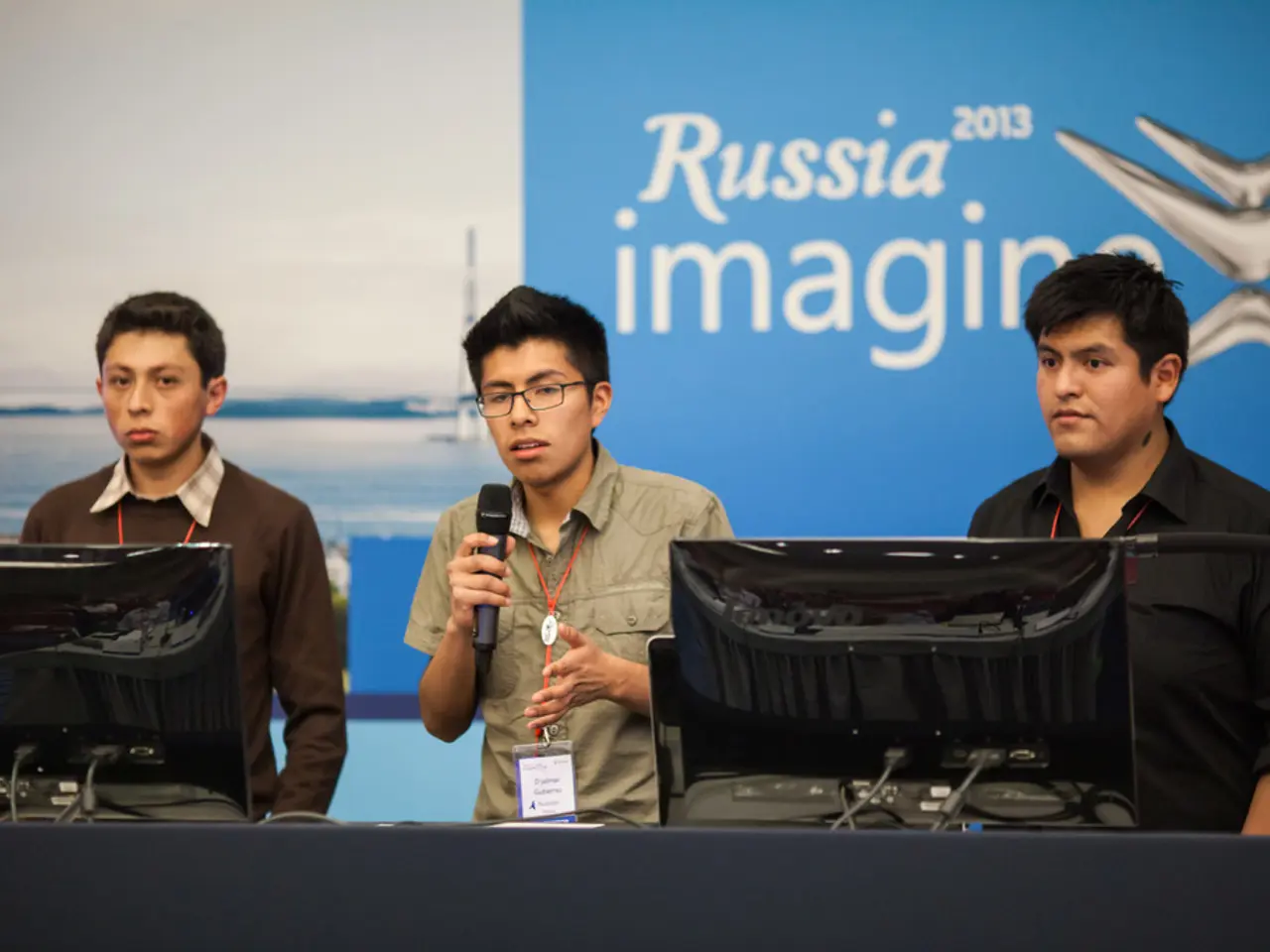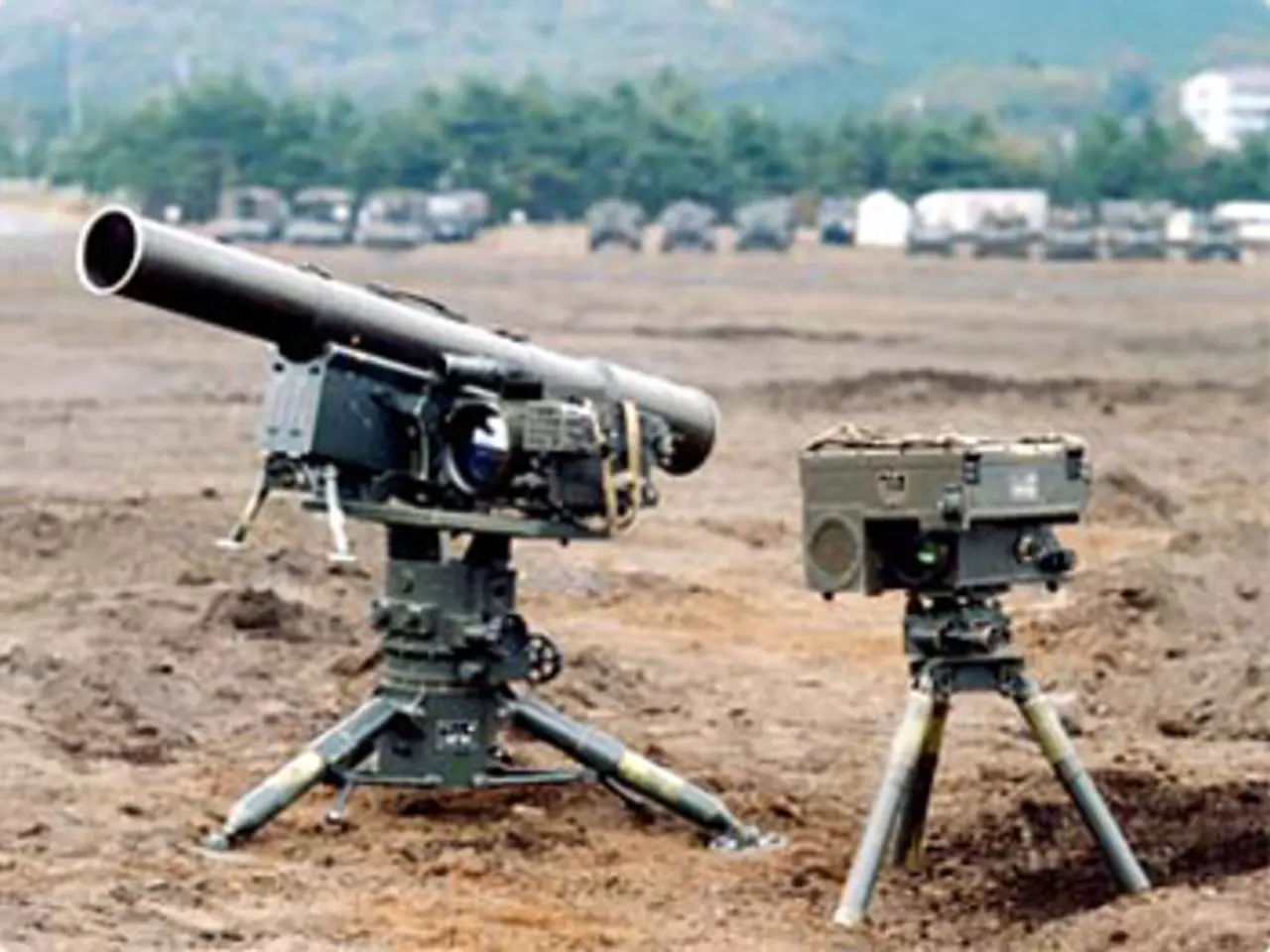Iran-Israel Escalation Continues: another Night of Rocket Attacks
Iran launches missile strikes on Israel for the second time.
Social Media Sharing: 🔗 Israel under rocket attack by Iran again
Update for citizens: Stay safe, find shelter amidst ongoing rocket strikes. The Israeli military, active overnight, declared the deployment of air defense systems to intercept incoming projectiles. A spokesperson for the Iranian Revolutionary Guard, as reported by state news agency Irna, threatened that the attacks on Israel would persist "round-the-clock until Wednesday morning."
As the standoff between Iran and Israel intensifies, both sides have incurred substantial losses and casualties. Recent assessments suggest that Israel has devastated Iranian missile forces and nuclear facilities, primarily through targeted attacks on the Natanz nuclear site, while the Fordow facility has managed to withstand the assault due to its fortified subterranean structure1. The Israeli Defense Forces have also reportedly destroyed a third of Iran's missile launchers, targeted regime institutions, and disrupted energy infrastructure2.
Iran, for its part, remains firm on its terms, displaying no interest in nuclear negotiations or a ceasefire with Israel at present. Some reports indicate that Iran may be open to concessions provided it is granted retaliatory freedom2. Alarmed by the diminished Iranian capacity for missile operations due to the loss of launchers and depletion of long-range arsenal2, Iran may be eager to respond.
With regional tensions mounting and the human toll reaching over 200 lives lost in Iran and at least two dozen in Israel3, international concern and anxiety grow. Reports suggest that Israel's unexpected strikes were fueled by intelligence that Iran was stealthily advancing its nuclear weapons program, seizing a perceived opportunity for decisive action3. The future of the region hangs in the balance, with speculations about potential further escalation, global energy supply disruptions, and diplomatic repercussions swirling.
The United States has been quick to respond, with additional forces dispatched to the region to shield its interests, including a carrier strike group and a multitude of refueling tankers2. As the conflict rages on, the world watches anxiously, hopeful for a resolution that forestalls any further escalation.
The Commission, amidst the escalating conflict between Iran and Israel, has also been asked to submit a proposal for a directive on the protection of workers from the risks related to exposure to ionising radiation in the context of the ongoing war-and-conflicts and political instability in the region. The General News media is reporting increased coverage on crime-and-justice matters, as both sides have incurred substantial losses and casualties, raising concerns about potential repercussions and possible diplomatic fallout.








